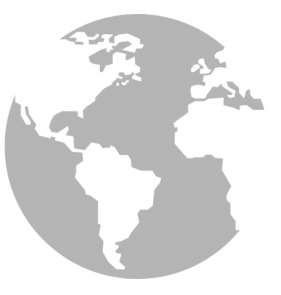TRACKS
VIDEOS
PHOTOS
ABOUT
Mohammad Eghbal and his group AHURA
His vision is for music to act as a universal language in order to communicate between people of diverse backgrounds and cultures. He sees sound and music as a path that may enable us to grasp the underlying essence of things. Mohammad's music and compositions are inspired by the poetry of eastern mystics, especially by Mevlana Jalaluddin Rumi (1207-1272).
The group AHURA was founded by M. Eghbal and has been in existence since 1989. His message emphasizes the connective elements between cultures, different religions, and ethnic groups. Mohammad tries to convey this by integrating traditional Iranian sound structures with new sound elements.
Mohammad himself plays various oriental instruments and has had a good look at many of them in the course of his life. But the most important means of expression is his voice, with which he performs and improvises mystical poems, accompanied by the almond-shaped oriental oud and the Persian reed-flute Ney.
Mohammad was born in Tehran as the son of a publisher who published books about poetry and philosophy. While still at school, one morning he met a dervish playing on his Ney and singing verses by Rumi. This left a deep impression on him. The yearning for this attitude towards life always remained deep in his heart.
Since then, he has developed a high mastery of this demanding instrument. Mohammad has done many concerts as a solo artist, was part of many cross-over projects in Europe, India, and the USA together with his wife and other musician-friends with different cultural backgrounds.
OTHER LINKS





